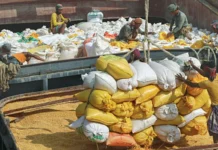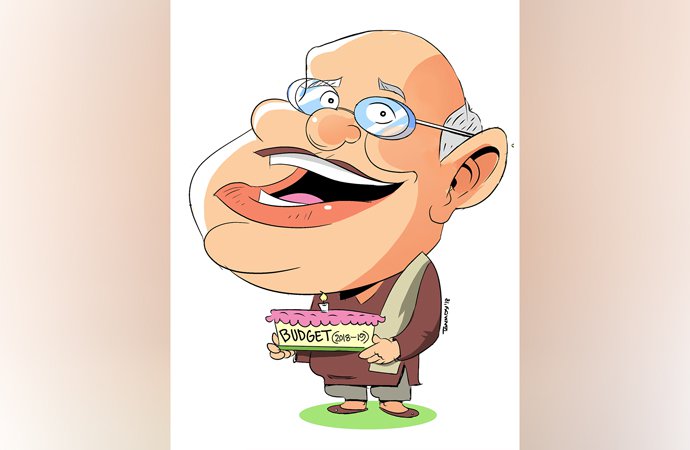(Reuters) – Bangladesh will import 250 megawatt-hours (MWh) a day of electricity from India starting in August, the two countries said in a joint statement, to help meet demand while power plants are under construction.

Credit: Reuters/Amit Dave/Files
A grid interconnection between Bheramara in Bangladesh and Baharampur in India will be completed by the end of July this year, the governments said on Monday after India’s External Affairs Minister Salman Khurshid met his Bangladesh counterpart Dipu Moni in Dhaka.
When that work is finished, Bangladesh will buy 250 MWh of electricity from the Indian market, and it is also in the final stage of negotiation the purchase of an additional 250 MWh, they said.
Bangladesh is desperately trying to augment electricity generation to achieve 8.0 percent economic growth to become a middle income country by the year of 2022.
Its overall electricity generation capacity is currently around 5,500 MW, against demand for more than 7,500 MW.
Work on building a 1,320 MW coal-based Bangladesh-India Friendship Power Company at Rampal, 350 km (219 miles) south-west of Dhaka, is also moving fast, the joint government statement added.
State-run Bangladesh Power Development Board and National Thermal Power Company of India will jointly install and operate the coal-fired plant, which will cost $1.5 billion and is due to start producing electricity in 2017.
Bangladesh also signed a deal with Moscow last month to set up a 1,000 MW nuclear power plant. Construction of the country’s first nuclear power plant is expected to begin by June 2013, officials said.
The government aims to have of 5,000 MW of nuclear power capacity by 2030 and 20,000 MW of overall power capacity by 2021.
(Reporting By Serajul Quadir; Editing by Anis Ahmed and Jane Baird)
Source: Reuters









